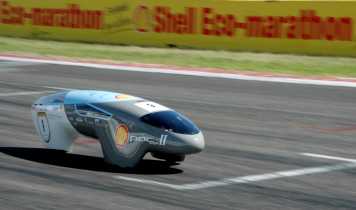Archive Guzzella / Onder
The archive contains projects which are no longer updated.
Electric and hybrid electric powertrains achieve very high energy efficiency, and therefore allow for very low kilometer specific CO2 emissions. In hybrid and electric powertrains, the supervisory control is a crucial task, since the so-called "energy management" is the main factor for achieving the best possible energy efficiency.
AHEAD
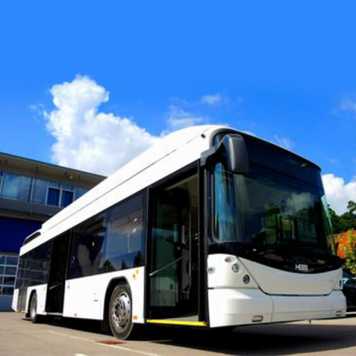
The AHEAD bus is a series hybrid electric bus that consumes 25% less fuel than a comparable standard diesel bus.
More...
Energy Management for HEV
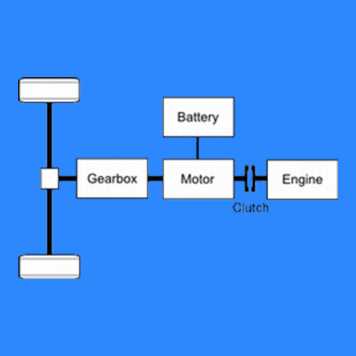
The energy management is the main determinant for the fuel efficiency achiveable with a hybrid electric vehicle.
More…
CLEVER
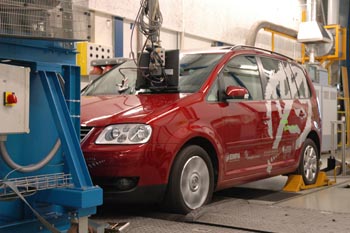
The CLEVER vehicle combines a hybrid electric powertrain with a natural gas engine to achieve low CO2 emissions.
external page More...
Natural gas consists mainly of methane (CH4). Due to the higher hydrogen to carbon ratio, the combustion of methane produces around 25% less carbon dioxide (CO2) per unit energy delivered than gasoline or diesel. Therefore, natural gas engines have the potential to reach very low kilometer specific CO2 emissions. In the future, methane engines may even be operated using renewable fuels that are synthesized in the power-to-gas process using excess electricity from renewable sources.
CLEVER

The CLEVER vehicle combines a hybrid electric powertrain with a natural gas engine to achieve low CO2 emissions.
external page More...
Natural Gas Diesel Hybrid
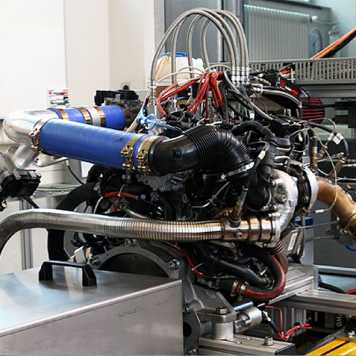
This powertrain combines the advantages of natural gas, a highly efficient combustion, and hybrid propulsion, to achieve extremly low CO2 emissions.
NextICE
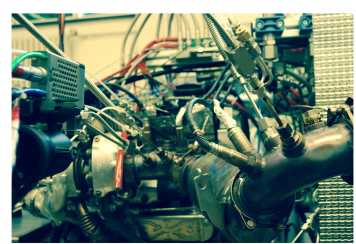
Investigation on how to utilize the full potential of engines operated with alternative fuels to lower CO2 emission.
GasOn (Horizon 2020)

The GasOn project is aiming to develop technologies enabling engines fuelled by natural gas or methane exclusively.
Hercules-2 (Horizon 2020)
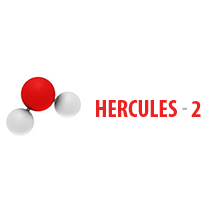
The Hercules-2 project aims to develop new technologies for improving the fuel efficiency and reducing the pollutant emissions of marine engines.
PhD-Theses on Natural Gas Engines
Florian Zurbriggen: Diss. ETH No. 23022
Tobias Ott: Diss. ETH No. 21678
Olle Sundström: Diss. ETH No. 18543
Jens Röth: Diss. ETH No. 18356
Paul Rodatz: Diss. ETH No. 15320
David Dyntar: Diss. ETH No. 14289
Richard Hutter: external page Diss. ETH No. 25970
Despite the recent advancements in electric powertrains and renewable propulsion sources, the transportation of goods and the heavy-duty sectors are still heavily reliant on fossil Diesel engines. Diesel engines are very robust and provide both good energy- and power-density. Due to their lean burning combustion with a high compression ratio, Diesel engines are inherently more fuel-efficient than spark-ignition gasoline engines. This makes them an interesting choice when aiming to minimize CO2-emissions, especially in heavy-duty applications.
Emissions-Optimized Diesel Engine
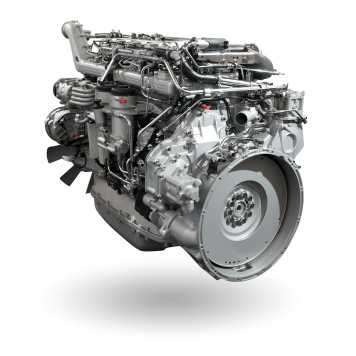
This project proposes an adjustable raw-emission strategy for Diesel engines that may be used to control the tailpipe emissions during real driving.
More...
Model-based Optimisation of Diesel Engine Systems
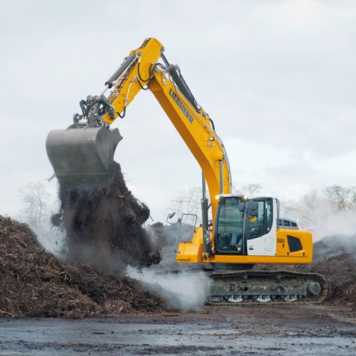
Diesel engines provide a large number of degrees of freedom. This project uses model-based techniques to optimize the performance of Diesel engines.
PhD-Theses on Diesel Engines
Stephan Zentner: Diss. ETH No. 21865
Jonas Asprion: Diss. ETH No. 21593
Frederic Tschanz: Diss. ETH No. 20785
Michael Benz: Diss. ETH No. 18796
Ezio Alfieri: Diss. ETH No. 18214
Alexander Schilling: Diss. ETH No. 17764
Around 80% of all passenger vehicles worldwide are still powered by gasoline engines. Therefore any improvement in this technology has a large potential to reduce negative side effects, such as air pollution, resource consumption and carbon-dioxide emission.
Hybrid Pneumatic Engine
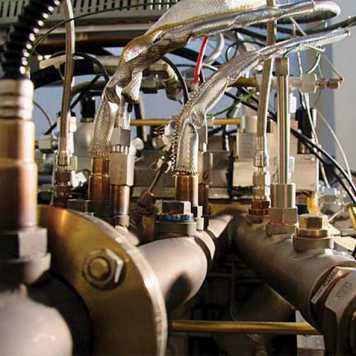
A hybrid pneumatic engine uses a pressurized air tank to improve the transient behaviour of the turbo-charger.
More…
PhD-Theses on Gasoline Engines
Raffael Hedinger: Diss. ETH No. 25994
Pascal Kiwitz: Diss. ETH No. 20815
Christoph Voser: Diss. ETH No. 20706
Wolfgang Schick: Diss. ETH No. 19386
Raphael Suard: Diss. ETH No. 18775
Christian Dönitz: Diss. ETH No. 18761
Roman Möller: Diss. ETH No. 18426
Daniel Rupp: Diss. ETH No. 18302
Thomas Böhme: Diss. ETH No. 17703
Apart from engines and vehicle propulsion systems, there are a number of vehicular applications, where control and optimization are equally important. The topics autonomous parking, on-board diagnosis of faults, as well as the control of the heating, ventilation and air-conditioning of the passenger cabin are highly interesting control tasks. Currently, however, the research group of Prof. Onder does not focus on these topics, and consequently there are no projects ongoing in this field.
On-Board Diagnostics
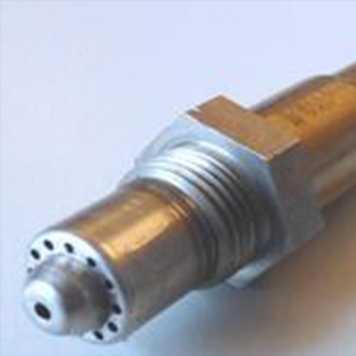
All sensors in a vehicle may fail due to damage or ageing. This project pursues methods to identify sensor faults.
More…
PhD-Theses on Automotive Applications
Michael Moser: Diss. ETH No. 22349
Matthäus Alberding: Diss. ETH No. 21573
Moritz Oetiker: Diss. ETH No. 18229
Alexander Schilling: Diss. ETH No. 17764
Eric Müller: Diss. ETH No. 16889
Many diseases that occur in humans are caused by insufficient regulation of processes. The blood circulation system is one example of a control system that is based on feedback. Ventricular asisst devices are an example of how electronically controlled actuators can assist the human body in this regulation process. However, the control of such devices is crucial for the patient. Therefore, we aim to apply model based control and design methods, as well as hardware-in-the-loop testing procedures to improve these biomedical systems. Prof. Onder does not pursue research in biomedical systems, the corresponding research group is now supervised by Prof. Meboldt at PdZ.
Hydrocephalus Smartshunt
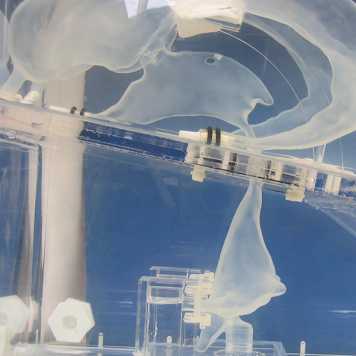
Introducing feedback control to advanced medical devices with a focus on heart failure and hydrocephalus.
More...
Circulatory Assist Project
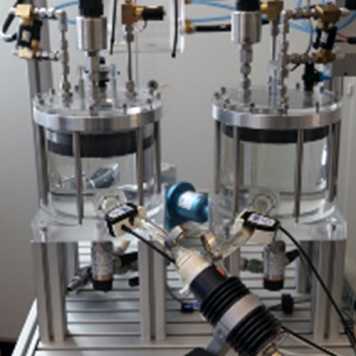
This project deals with the control of blood pumps that are used for mechanical circulatory support. The goal is to develop a control strategy that is able to promote recovery of a failing heart. More…
CSF Biothermofluidics
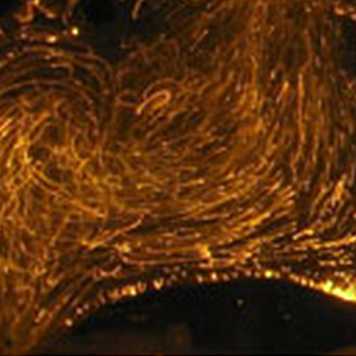
Biothermofluidics for Cerebrospinal Fluid Diagnostics and Control - Development of a Knowledge Base.
More…
PhD-Theses on Biomedical Applications
Gregor Ochsner: Diss. ETH No. 22061
Raffael Amacher: Diss. ETH No. 21702
Marianne Schmid Daners: Diss. ETH No. 20674
Matthias Schibli: Diss. ETH No. 18438
Almost 40% of the total energy consumed worldwide is used in residential and commercial buildings. Furthermore, unlike with vehicles, where industry has been consequently working towards maximizing the energy efficiency, in the building sector, there are still huge potentials for reducing the energy consumption - not only in design and architecture, but also in the control of energy flows and facility management. Here, we use systematic, model-based optimization techniques with the aim to improve energy efficiency of buildings. Prof. Onder does not pursue research in this topic. Similar research projects can be found at the departement for architecture.
Monte Rosa Hut

This research project aims at developing new algorithms and software and hardware solutions for the optimal management of energy and waste flows in buildings.
More…
RESCOM
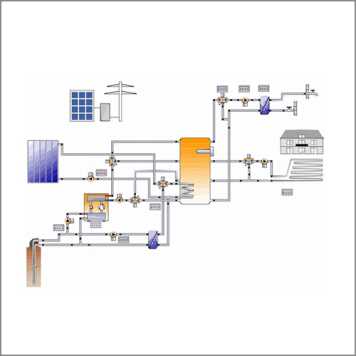
We target the management of energy flows in complex systems. Our goal is to develop new models featuring extreme accuracy and ultra-high simulation speed.
More…
SAMBA
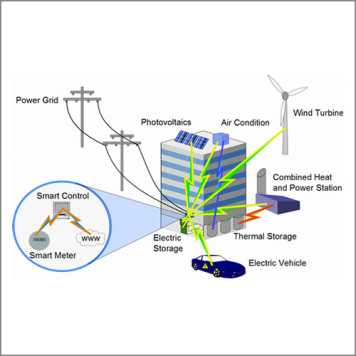
In future, smart buildings interact with the power grid. The control strategy that manages the energy flows has a crucial influence on the achievable energy efficiency.
More…
Control for Heating Systems
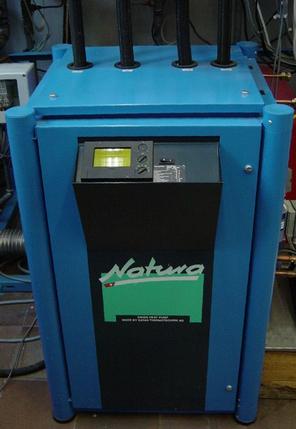
The main goal of this research project is to determine the required heating energy with regard to the thermal behavior of the building, the weather forecast, the power costs, and the power cut-off times imposed by electric power providers. In addition the required heating energy is quantified to optimize the performance of the heat pump.
More…
Dynamic House Emulation
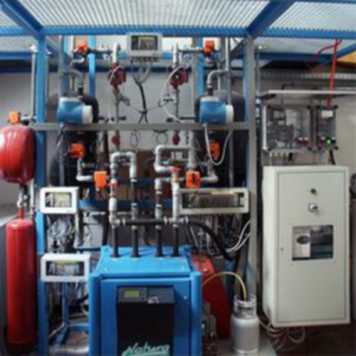
On this test bench it is possible to emulate dynamically, for a real heat pump, the thermal behavior of a house as well as the thermal behavior of an earth probe. Models of the thermal behavior of the house and of the earth probe are thus simulated in real-time.
More…
Online Parameter Identification
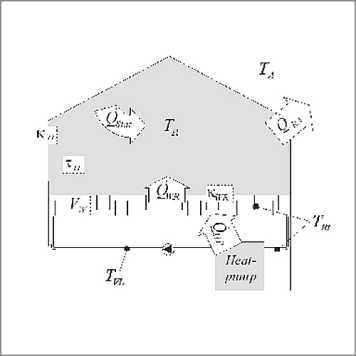
To solve the model predictive control problem, a dynamic linear model of the house is required. Preceding studies have shown that a model of second order is able to describe the most important dynamics.
More…
Cable-Stayed Bridges
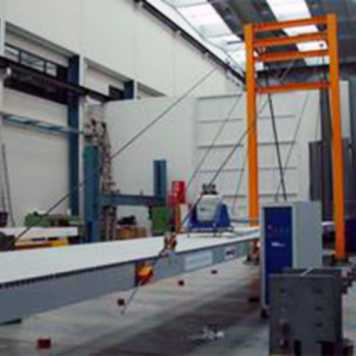
In order to prevent premature material failure within the cable anchor system, and to ensure public confidence, an intelligent damping system is being developed.
More…
PhD-Theses on Smart Buildings
Araz Ashouri: Diss. ETH No. 21908
Samuel Fux: Diss. ETH No. 21036
Raffaele Bornatico: Diss. ETH No. 20561
Charles Boston: Diss. ETH No. 18948
Micro Gas Turbine
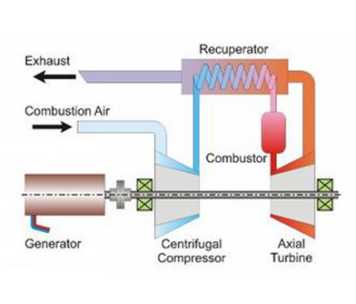
The increasing need for high energy density portable power devices has led to intense research and development efforts on micro gas turbine systems with power outputs from a hundred up to a few kilo Watts.
More…
Thermoacoustic Oscillations
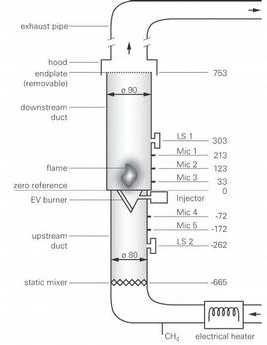
In this multidisciplinary collaboration with Alstom, a test rig in our lab is actively controlled using modern robust control strategies, which are improved with evolutionary strategies..
More…
